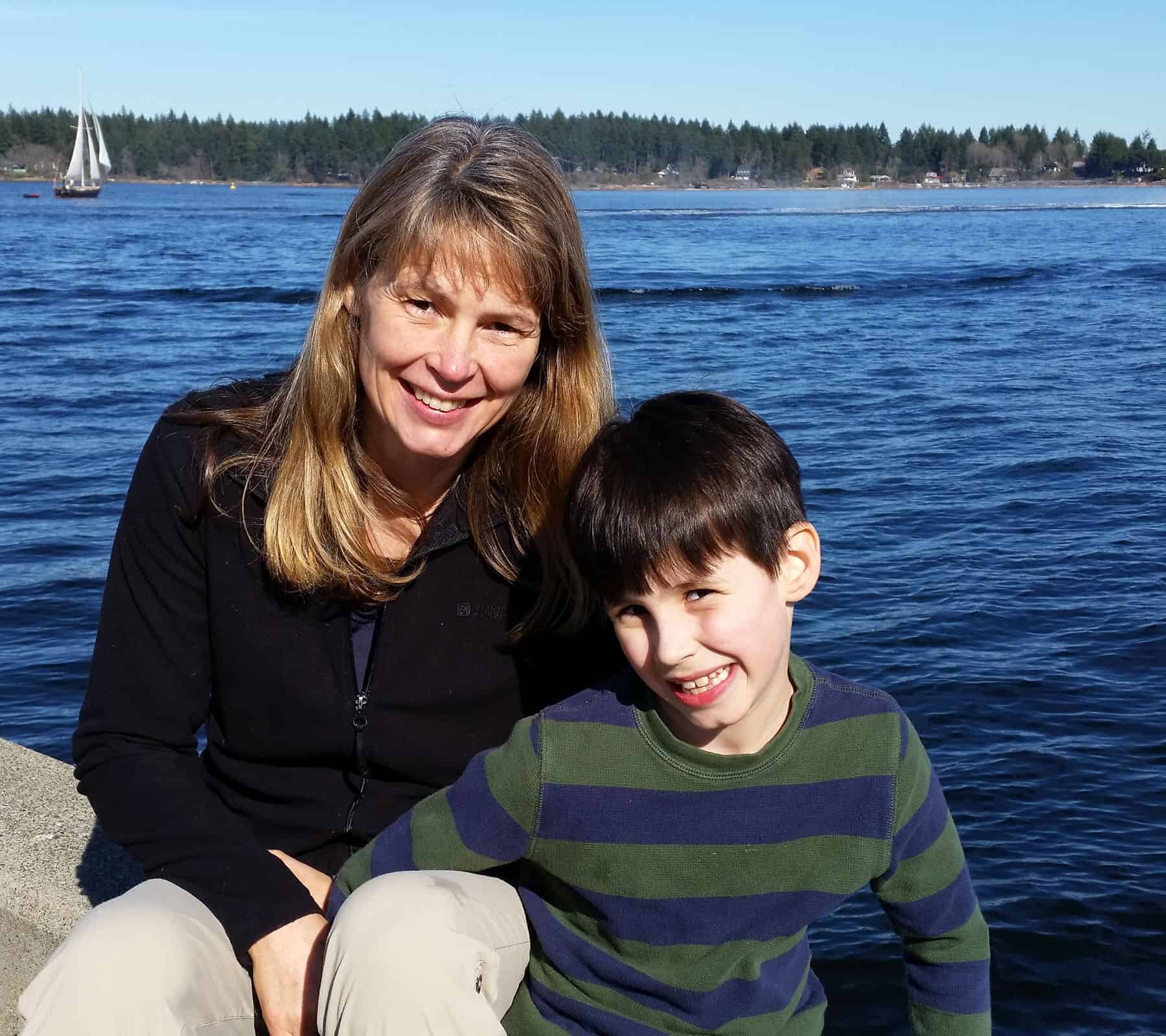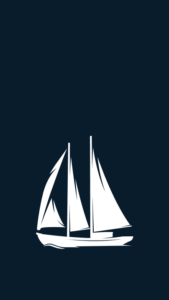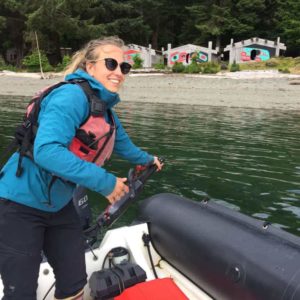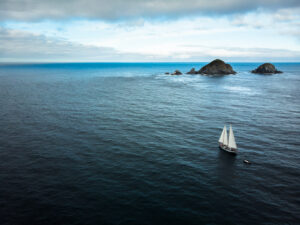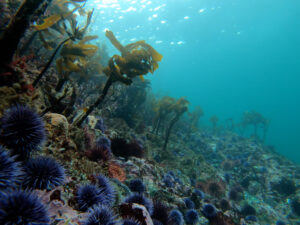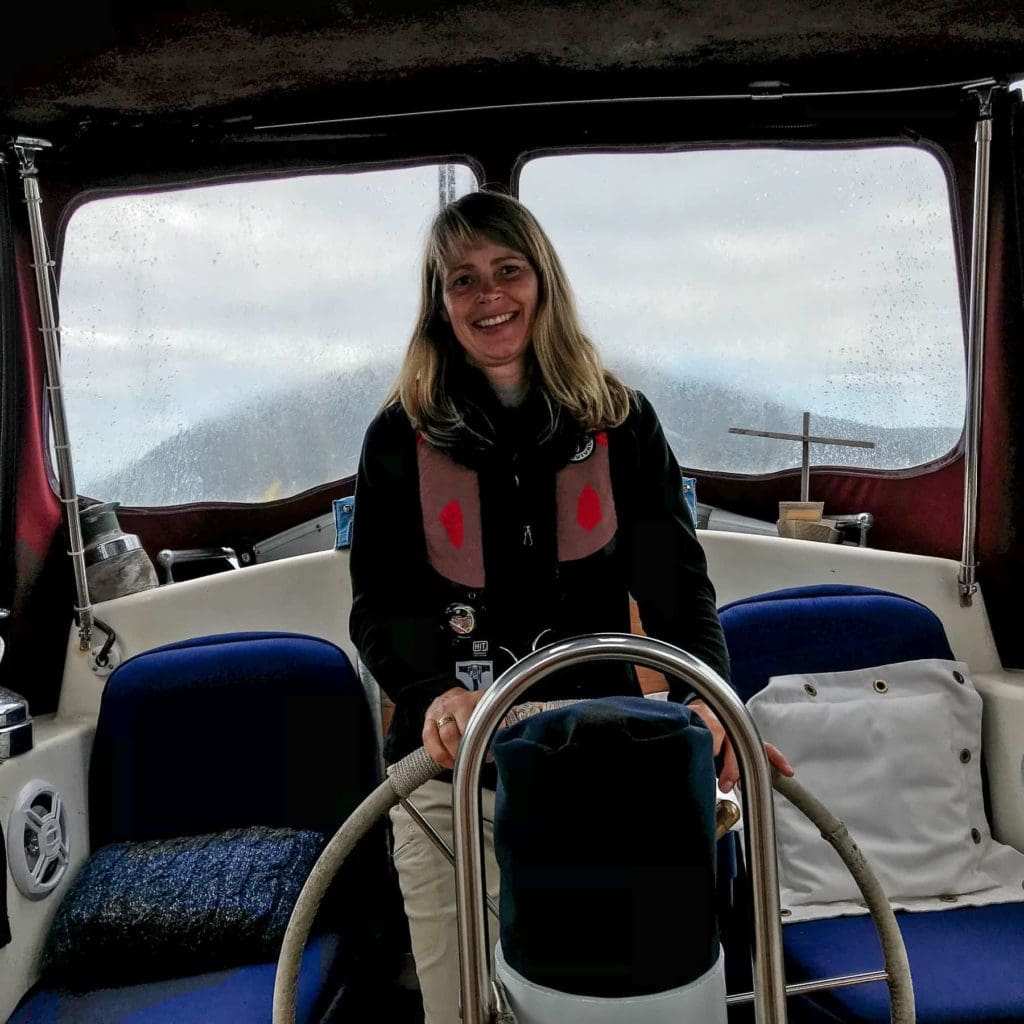
Crew and A: Jacqueline Randen
For our next Crew and A, I sat down with Captain Jacqueline Randen, or “Captain Jacq”, one of Canada’s few female Master Mariners. Jacqueline joined Outer Shores for the first time aboard the Passing Cloud this July in Haida Gwaii, for what some might call the perfect trip. With a life of sailing the high seas, from sailboats to cruise ships and nearly everything in between, she brings with her an incredible source of knowledge, experience, and stories of adventure! When she isn’t sailing, she works for Camosun College as a Transport Canada Accredited Nautical Instructor and runs her canvas and sail-repair business part-time in Victoria, BC.
How did you get connected with Russell and Passing Cloud?
Russ and I went to high school together, so I’ve known him since then. We’ve crossed paths many times over the years on the water, in regard to teaching high school programs, and operating various boats on the Pacific West Coast. We also worked with other tour operators in Haida Gwaii 12-15 years ago. The commercial boating industry on the West Coast is a pretty small industry, really.
As for Passing Cloud, I attended the Wooden Boat Building program in 2000-2001 in Port Townsend and first saw her during the Wooden Boat Festival there, at which point I immediately fell in love with the boat. Passing Cloud is one of the most beautiful boats – and most beautiful boats to sail – that I have ever had the opportunity to be on, without a doubt. It is definitely an honour to be onboard.
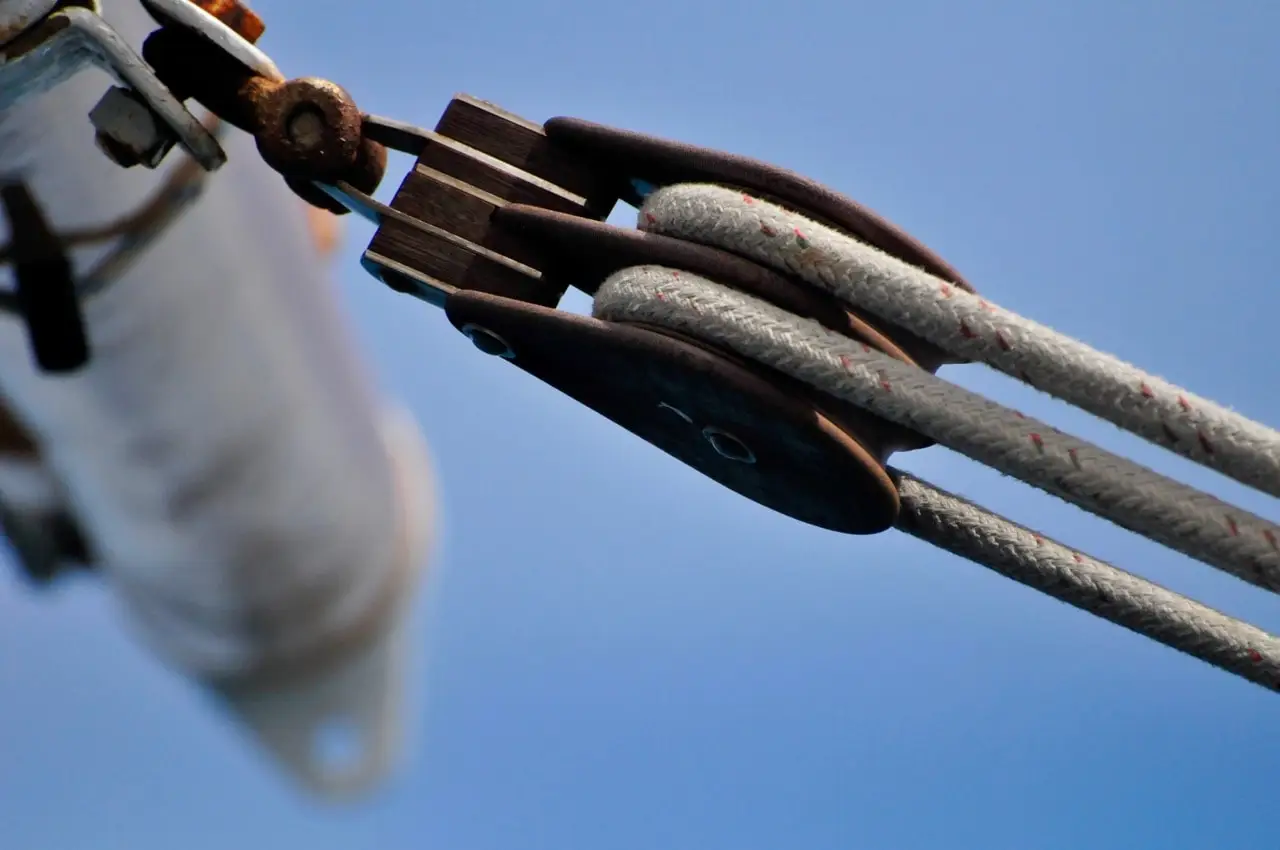
So, you’ve just joined us aboard the Passing Cloud for your first trip with Outer Shores. Can you tell me a little bit about your time onboard?
It was absolutely fantastic in every way. The guests were fantastic; the boat is just so beautiful; the weather was great; the crew were phenomenal; the food was stupendous. Everything was just perfect. It was just nice to be back doing what I do, which is taking people to the many beautiful locations on the British Columbia coast. I’ve operated numerous boats similar to Passing Cloud, so it was nice to fall back into that. I’ve been a sailor my whole life, so operating a schooner like Passing Cloud is second nature for sure. Having all of the experience of the crew was great. It was just fabulous to be back.
Did you notice a big difference between your recent visit to Haida Gwaii and when you were here 12 years ago?
No, I think because of Gwaii Haanas and the protection of the region. If anything, it may have been busier, boat-wise, but that could have been because the weather was so nice. As far as Haida Gwaii and Gwaii Haanas, I didn’t notice any difference which is really great. Everywhere we went aboard the Passing Cloud is pretty well the same as it was 12 years ago, which is really good to see.

What does it mean to have a Master Mariner’s Certificate and how difficult was that to obtain?
A Master Mariner is the highest certificate you can get in international seafaring. It allows the holder to be employed as Captain on any type of ship, of any tonnage, anywhere in the world. It took approximately 15 years to get and is regarded as the equivalent to a PhD. The process involved both acquiring seatime and then going to nautical school to write exams. At the end you sit a final oral exam with a Transport Canada Examiner, at which point you acquire the ‘Master Mariner’s Certificate of Competency’.
How did you like working on larger vessels?
In order to get your MM, you need to be employed as an officer of the watch on large tonnage ships in international waters, such as cargo ships or cruise ships. Working for the cruise lines was a great learning experience because these ships have the latest in technology and propulsion. I was also employed for a number of years as a Transport Canada Inspector of Cargo ships, which was also a great way to put my knowledge and experience to work. At the end of the day though, my preference is to operate traditional sailboats, as this is where my love for boating lies for sure.
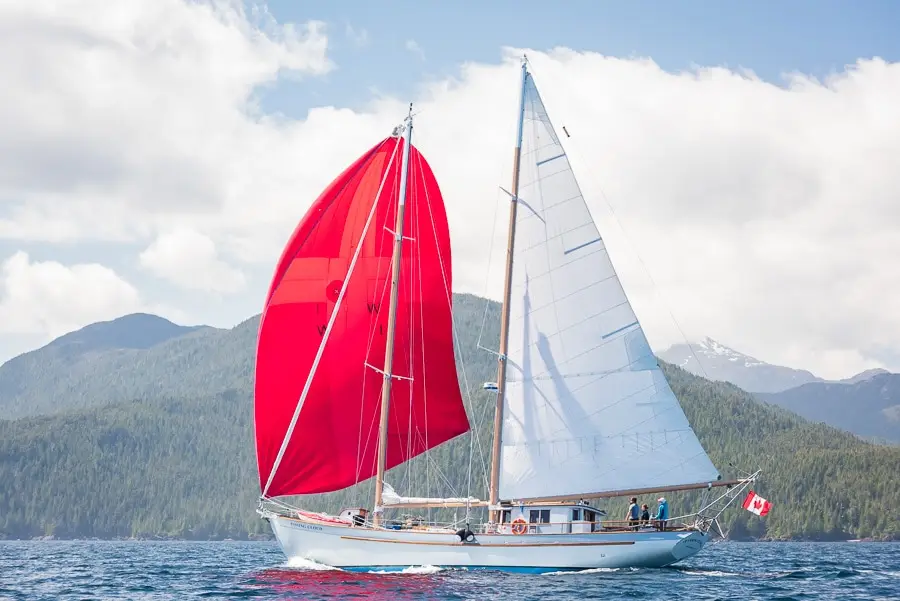
Did getting that certificate open a lot of doors for you?
I have found, as a woman, having that ticket has been my ‘in’ as far as being in the “Old Boys Club.” Once you get that ticket, nobody challenges you anymore. It was a funny switch, because the marine industry is still very traditional, especially with the older generation. It’s been good for me to get that ticket because it’s opened up a lot of doors, and I can now kind of relax within the industry and not always be out to prove myself as a woman in a male-dominated world. Which is not how it should be, but it is.
How many female Master Mariners are there currently in Canada?
I don’t have those numbers but it’s certainly not very many, and I don’t know any who have an MM (Master Mariners) who are also sailors, as in the traditional term: sailing. I grew up sailing on my dad’s boat and that’s always been a personal interest of mine, but it’s not part of getting your Master Mariner’s Certificate. My own personal interest of boat building and sail making are outside of the certificate requirements.
I heard you’ve crossed the Atlantic in your own sailboat, how long did that take?
I’ve crossed the Atlantic a few times on different sailing vessels, once on a traditionally rigged steel Schooner which I bought in Holland. We started in Denmark, through Holland and then sailed on to Portugal and Madeira, the Canary Islands, and across the Atlantic to the Caribbean and up through the Panama Canal to Vancouver. I have sailed across the oceans on other sailing vessels as well as larger commercial vessels and always enjoy being out on the vast ocean, and away from the business of land.
Do you have any large crossings in the near future?
Yes, I recently purchased a 45’ fiberglass Van de Stadt sloop, named Windy Spirit, which was built in South Africa. This boat was designed to race in the South Atlantic Cape to Rio race, so it has a few offshore miles under its keel. In May 2020 my now 8-year old son, Ben, and I are planning to sail to the South Pacific via the Marquesas and Tahiti, and through the islands to Tonga and then down to New Zealand.
Ben is getting excited and he’s getting more confident on the boat as well. This is our fifth year out on boats together, and he’s steering the boat more and helping with sails and figuring out how it all works. I’m hoping by the time we go that he’ll be able to help me even more and be more confident. After New Zealand, we are hoping to head to Europe via the Panama Canal. We have an EU passport, so technically Ben can go to school in French Polynesia or any other EU country. The voyage is planned as a one-way trip, so the boat won’t be coming back to BC, but we’ll still be returning regularly to the west coast.
I’m very much looking forward to sailing Passing Cloud again next year and being part of the Outer Shores crew in the future.
